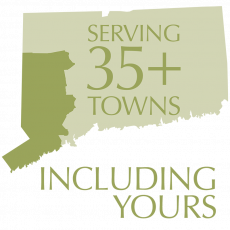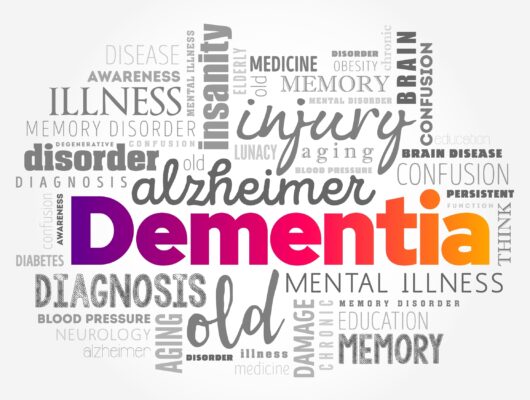

This month, November, is Hospice and Palliative Care Month. In recognition, we strongly encourage all who haven’t initiated discussions about Advanced Care Planning to take advantage of November as a steppingstone. If you’ve already done your planning – congratulations on this important step – just be sure to review and update your directive to reflect any changes in your preferences or medical circumstances.
What is Advanced Care Planning?
Advanced care planning is a process that involves making decisions about your future healthcare preferences in advance, particularly if you become unable to make decisions for yourself due to illness or incapacity. The primary purpose of advanced care planning is to ensure that your medical care aligns with your values, beliefs, and personal preferences. It also helps reduce the emotional burden on your family and healthcare providers by providing clear guidance.
Key components of advanced care planning include:
- Advanced Directive (also called Healthcare Directive or Living Will): This document allows you to specify your preferences for medical treatments, such as life-sustaining measures, resuscitation, and organ donation. It outlines the circumstances under which you want specific treatments or interventions and when you do not.
- Appointment of a Healthcare Proxy or Agent: In some cases, you can designate a trusted individual to make medical decisions on your behalf if you’re unable to do so. This person is often referred to as a healthcare proxy or agent.
- Discussion and Communication: The process involves open and honest discussions with your loved ones, healthcare providers, and, if you’ve appointed one, your healthcare proxy. These conversations are crucial to ensure that your wishes are known and understood.
Resources for Advanced Care Planning
Creating an advanced directive is an important step in ensuring that your healthcare preferences are documented and followed when you cannot make decisions for yourself. There are various resources available to help you create an advanced directive:
- State-Specific Forms: Most U.S. states have specific forms or templates for advanced directives that are legally recognized. These forms are usually available through state government websites, local hospitals, or legal aid organizations. They are designed to meet the legal requirements of your particular jurisdiction. Connecticut’s starting point webpage for Advanced Directives can be found here.
- Online Resources: Numerous websites and organizations offer advanced directive forms and guides. Some popular resources include:
- CaringInfo: This is a program of the National Hospice and Palliative Care Organization (NHPCO) that provides free state-specific advanced directive forms and information.
- Five Wishes: This is a user-friendly advanced directive document that is accepted in most U.S. states. It goes beyond medical decisions to address emotional and spiritual issues. You can purchase a copy online.
- AARP: The American Association of Retired Persons (AARP) offers advanced directive forms and information that can be customized to your needs.
- Consult an Attorney: If you have complex medical preferences or want legal advice, consider consulting an attorney who specializes in healthcare or estate planning. They can provide guidance, answer your questions, and ensure that your advanced directive complies with your state’s laws.
- Hospitals and Healthcare Providers (including RVNAhealth!): Many hospitals and healthcare providers have resources available to help you create an advanced directive. They may offer informational brochures, access to standard forms, or guidance from social workers or ethics committees.
Remember that creating an advanced directive is an important legal and healthcare document, and it’s essential to follow your state’s specific guidelines to ensure its validity. Be sure to share a copy of your advanced directive with your healthcare provider, family members, and your chosen healthcare proxy or agent, if applicable.
Contact RVNAhealth for More Information
Begin the dialogue regarding Advanced Care Planning by reaching out to our team at RVNAhealth. We’re here to assist you in starting these conversations proactively, without the urgency of a crisis. We provide informative materials to assist you, and our team members are available for discussions. Planning ahead is a choice that no one has ever regretted. In fact, it’s a precious gift you can give both to yourself and your loved ones. To learn more, contact us at 203-438-5555, or visit our website.





